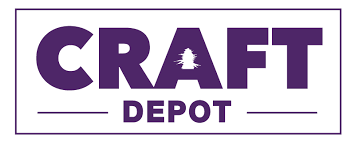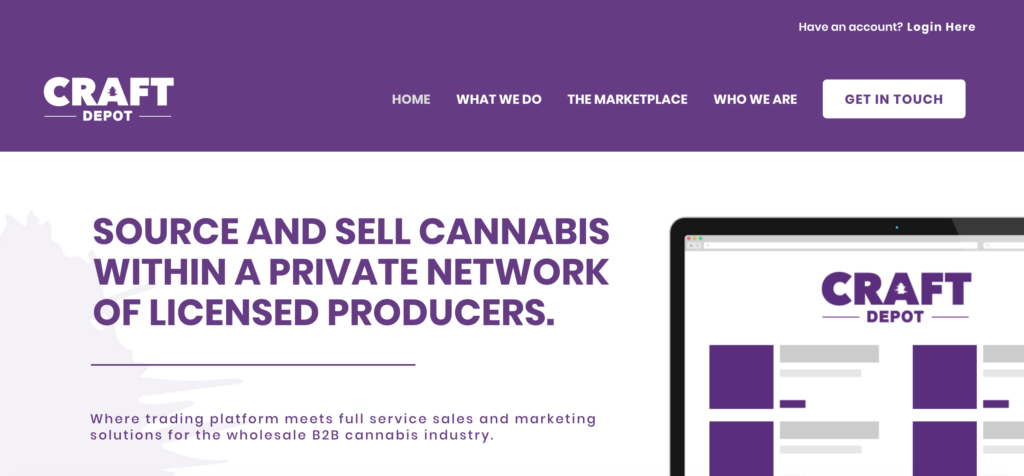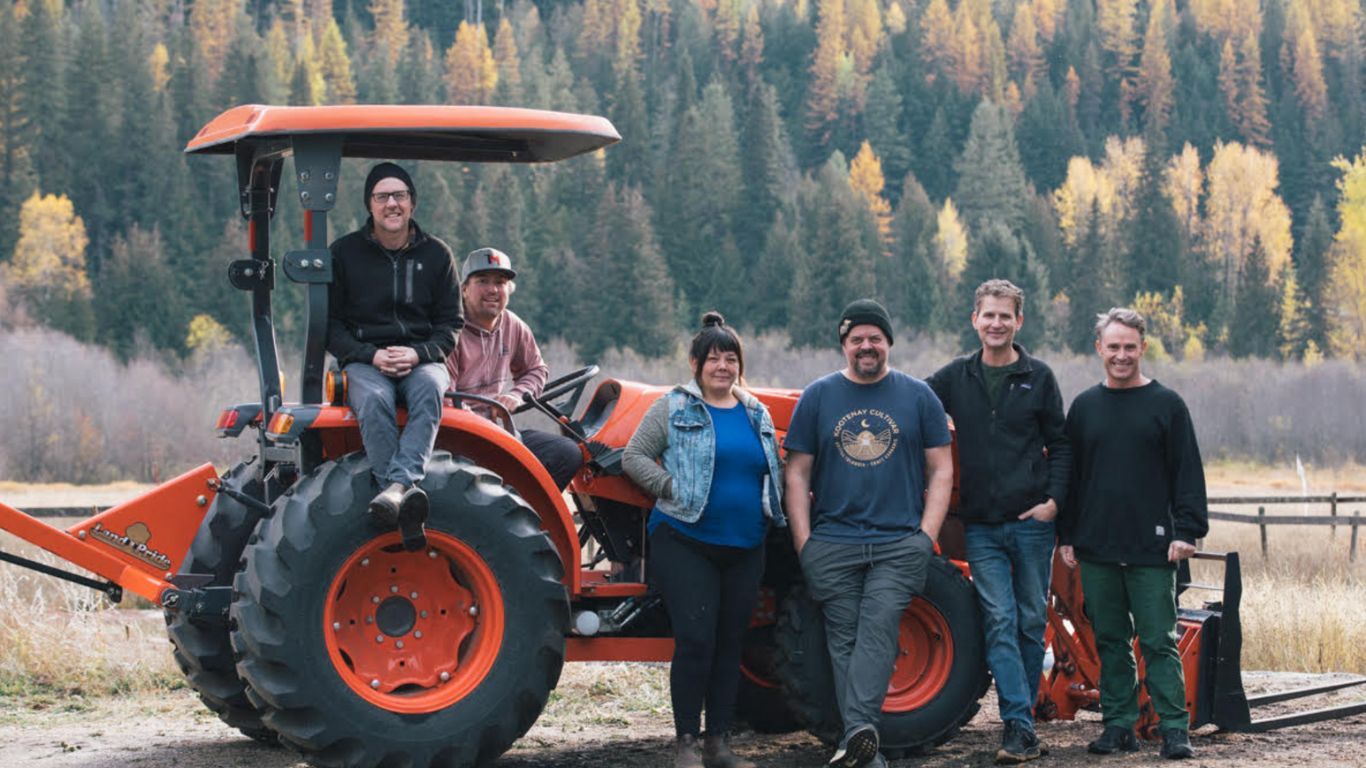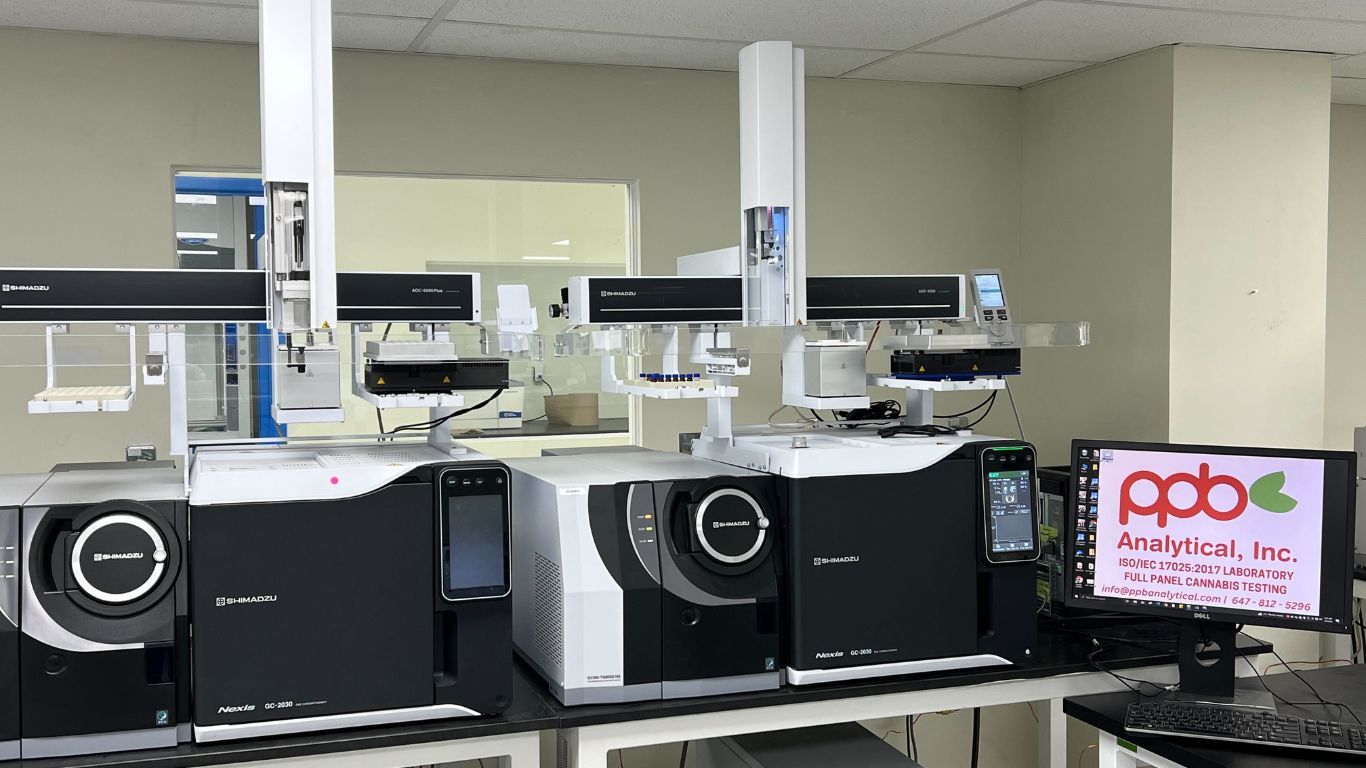
Wholesale brokerage for cannabis cultivators and wholesale buyers
Calan Aldred is the Founder and CEO of Craft Depot, a wholesale brokerage for cannabis cultivators and wholesale buyers to connect.
The Victoria, BC based company was started in 2018 when Aldred said he saw the gap in the coming legal cannabis market when it came to helping growers get their product to market.
navigating sales & distribution
Craft Depot currently works with over 100 cannabis licence holders, both cultivators and the processors seeking to buy their product. Aldred says his goal is to help cultivators who are focussed on growing to navigate the often confusing world of wholesale sales and distribution.
… it gives us a broad perspective on the industry and what the big picture is in terms of prices, demand, who the good players are, what to watch out for, all of that.
“If you’re growing and are going to sell your cannabis flower to a processor,” says the 30 year old CEO, “what we provide is a chance to tap into our network and the relationships that we’ve built. Being a contracted sales agent for just over 100 producers, and being involved in multiple deals with different companies, it gives us a broad perspective on the industry and what the big picture is in terms of prices, demand, who the good players are, what to watch out for, all of that.”
We market the product, negotiate deals, facilitate the paperwork, the transaction and shipping logistics, then chase the buyer for money when it’s due.”
“Craft Depot lists products on a marketplace, but we are a full suite sales service for the wholesale B2B cannabis industry. We market the product, negotiate deals, facilitate the paperwork, the transaction and shipping logistics, then chase the buyer for money when it’s due.”
demands and expectations
Some of the main lessons he wants to impart to other growers and those considering a cultivation licence, is an understanding of what the current demands and expectations are from retailers and provincial buyers.
While they might be experts at growing, or have a vision for the direction of their business, Aldred says his experience has taught him that many are often not contemplating how they will sell their dried flower into the broader market.
In all provinces and territories except Saskatchewan, that means dealing with a provincial distributor who has their own goals and priorities. Many are currently focussed almost entirely on flower over 20% THC, meaning there is very little demand for a product under that potency.
In his own experience, he says, he sees anything over about 20% THC currently get around $3-5 a gram, with prices dropping fast on anything under that.
In addition to the focus on THC levels, he says another factor many growers often don’t consider is planning for specific lot sizes. Most purchasers, he says – be they processor/wholesalers or the provincial distributors – don’t have much interest in shipments under 50 kilograms.
The last piece, he says, is variety. Take the time to find new cultivars that consumers haven’t seen, that will interest provinces, and be prepared to take the sale and move on to the next crop.
Don’t get caught up in lot by lot, you need to think of the bigger picture.
“What I can say is, be very selective with what you’re growing, find the right product, and then make sure that it’s high potency. If you don’t know if what you’re growing is going to have high THC content or not, then grow out a lot of different strains and do some R&D and find out what you’re going to commercialize.
“Then, once you’re in the market… the main thing I’d say is if you get an offer to buy your product, as long as it’s in a fair market range, just take it. Don’t try to get an extra quarter or 50 cents, just take it. This is one crop out of many you are going to have. Don’t get caught up in lot by lot, you need to think of the bigger picture.”
We give cultivators more options, we help speed up the process of getting into the supply chain.
take the offer
Currently, with a product surplus from many large scale growers, he says this is especially important.
“If you’re hitting product at maybe 17% or less, you’re in the danger zone and you’re going to be lucky to sell that right now. I can’t stress the importance of the potency enough, and the volume of the order, the harvest date, and who is the buyer. It’s great if you have two options, but if you have just one offer, just take it. You don’t have to sell to them next time if you don’t want to, but it will be a done deal and you can try to get more next time.”
He also says he understands that some might feel like a middleman like Craft Depot is unnecessary, and that cultivators can easily find a buyer for their product. In his own experience he sees it’s often more difficult than that, but acknowledges some can make it on their own.
“We give cultivators more options, we help speed up the process of getting into the supply chain. And if you’re purchasing a product, we’re the ones who help groups looking to purchase, to give them options. If that’s legwork you have the interest in doing on your own, that’s fine. If you don’t, we can help.”
platform for the legal market
Aldred says he decided to launch Craft Depot in 2018 after seeing similar platforms helping connect growers in the unregulated market with dispensaries. He saw the shifting regulations and approaching legalization and decided to create a similar platform for the fully legal market.
Ultimately, he says success for growers will be the same as in any industry – focus on quality and be a person that others want to work with. While it won’t necessarily be easy, for many growing cannabis legally is a dream come true and keeping that in mind can help with perspective when challenges arise.
“Grow a good product, try to be easy to work with, get a good processing partner, be happy. How could you predict that you could be licensed and allowed to do this, all above board, even just five years ago? It’s going to be a grind for the next bit, buyers will be cash strapped for the foreseeable future, but for those who keep their head down and stick to the fundamentals, there is a lot of opportunity.”
Grow a good product, try to be easy to work with, get a good processing partner, be happy.













